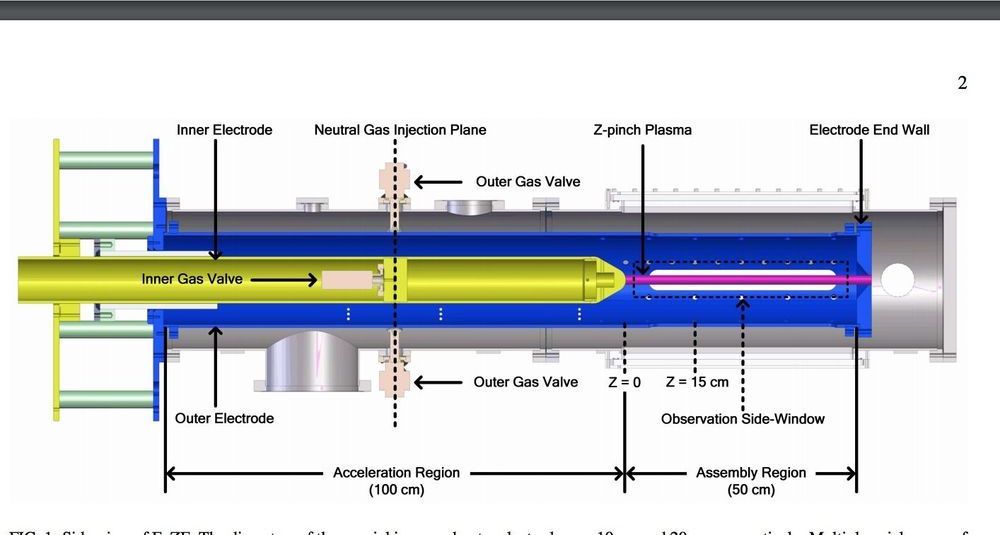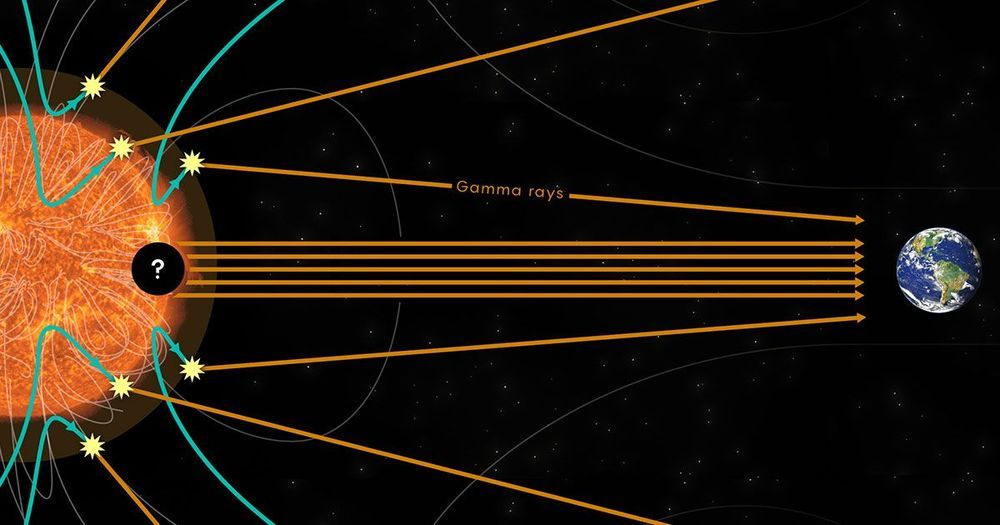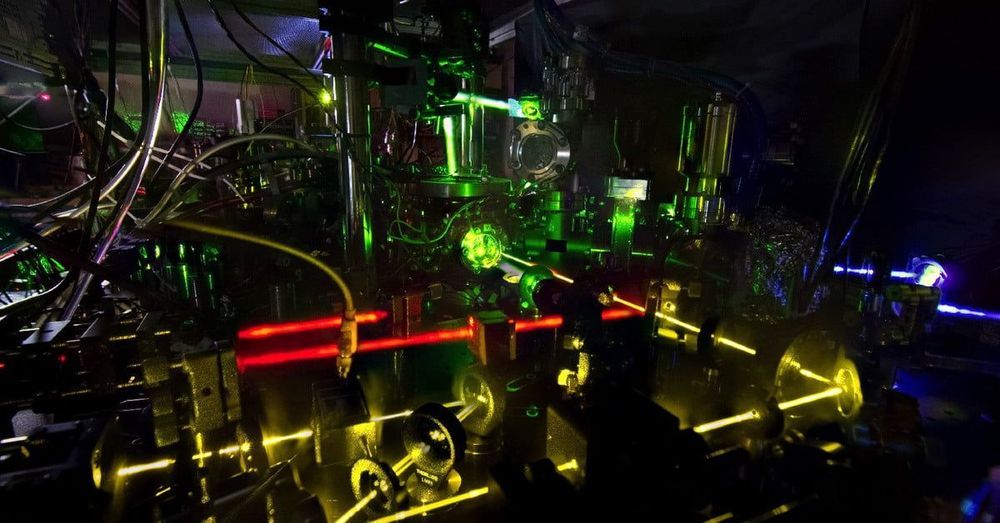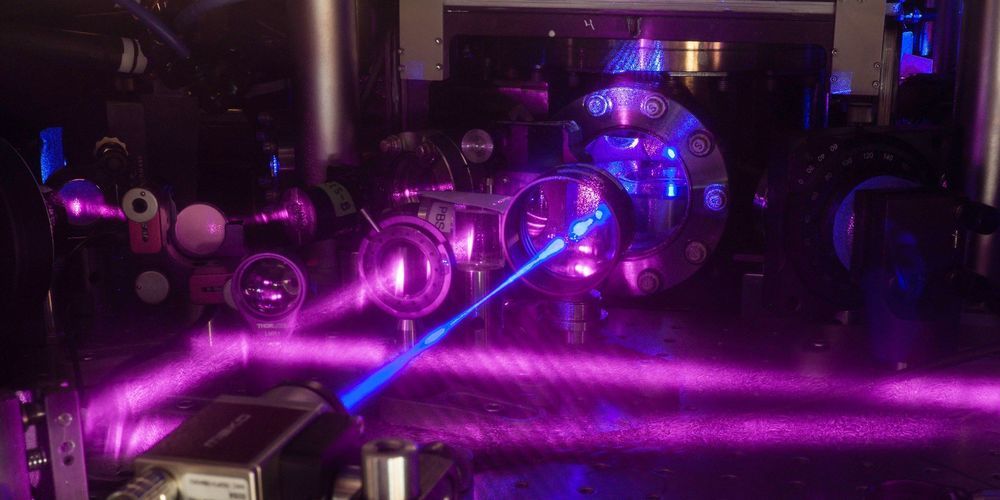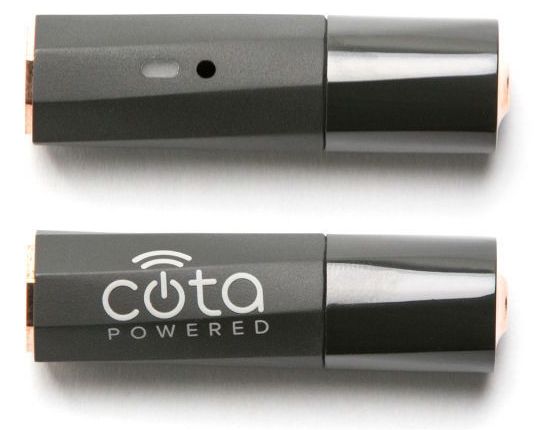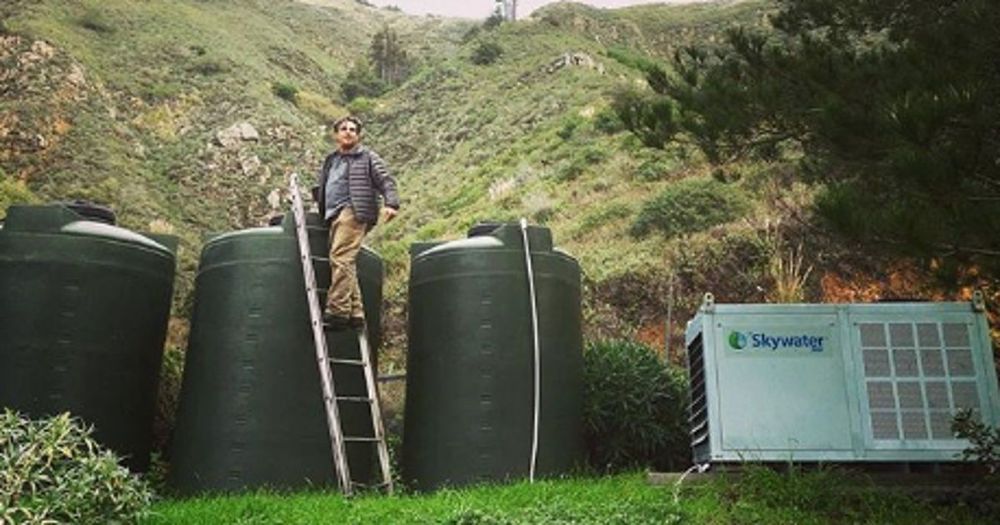May 1, 2019
Potentially Smallest Fusion Device Using Improved Z-Pinch Fusion
Posted by Quinn Sena in category: nuclear energy
ARPA-E-funded alternative z-pinch fusion which is being developed by Zap Energy.
Zap Energy is the most compact solution to Fusion Energy and does not use complex and costly magnetic coils. They surpassed ARPA-E Alpha Milestones in August 2018. Their reactor is consistently producing neutrons and they received $6.8 million ARPA-E OPEN funding.
The new Z-pinch has the simplest geometry of any magnetic confinement configuration. It is a cylindrical plasma column.
Continue reading “Potentially Smallest Fusion Device Using Improved Z-Pinch Fusion” »
